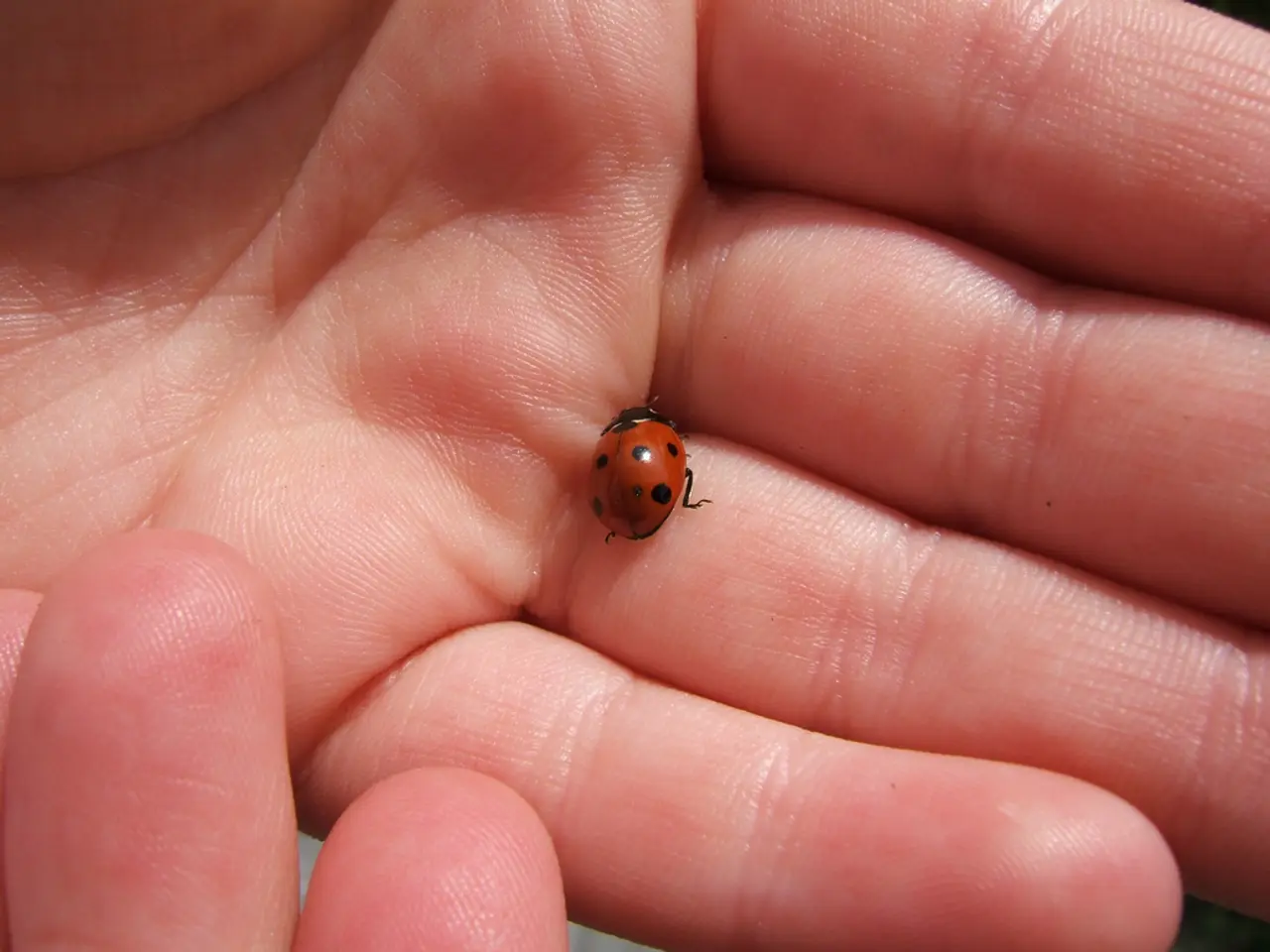The Factors that Influence a Person's Handedness, with a Preference for the Left Side
In the realm of neuroscience, a specialist at the National Autonomous University of Mexico (UNAM) named Alicia Castillo Martínez is making strides in debunking myths surrounding left-handedness. This research is timely, as August 13th marks International Left-Handers Day, a day dedicated to raising awareness about the challenges faced by left-handed individuals and promoting inclusivity.
The day serves as a reminder for businesses to develop products that cater to their left-handed audience, thereby avoiding discrimination. Interestingly, left-handedness is influenced by a combination of genetic and epigenetic factors. Genetically, familial patterns and rare gene variants such as those found in the TUBB4B gene play a role. However, it's essential to note that genetic predisposition alone does not fully determine handedness.
Epigenetically, factors like birth weight, breastfeeding, and potentially lifestyle-related factors impacting DNA methylation and other epigenetic mechanisms that regulate how genes linked to brain lateralization and motor control are expressed, also contribute to the development of handedness. Epigenetic modifications like DNA methylation can dynamically alter gene activity in response to external inputs, influencing brain hemisphere activity patterns involved in motor skills.
This complex interplay between fixed genetic predisposition and flexible epigenetic regulation is what underlies the determination of handedness. Despite the challenges in making a 100% accurate analysis of behaviors to differentiate the cause of handedness in a population, the condition of left-handedness is now considered normal.
It's worth noting that the left hemisphere is affected in the development of left-handedness, resulting in control being established in the left hand. Furthermore, genetics play a significant role in determining whether a person is right- or left-handed, with higher levels of testosterone in the womb believed to contribute to the development of left-handedness.
However, it's crucial to dispel the myth that left-handed people may have a shorter lifespan than right-handers. Myths about left-handedness have become less important over time, but it's essential to continue educating and raising awareness to promote inclusion and equal opportunities for all.
The National Autonomous University of Mexico has a neuroscience specialist, Alicia Castillo Martínez, working to debunk myths about left-handedness. On International Left-Handers Day, businesses can show inclusion by creating products for left-handed individuals, who face unique challenges. Furthermore, understanding the science behind left-handedness can lead to advancements in health-and-wellness and mental-health, as epigenetic factors and genetic predisposition together determine handedness, which can impact both physical and mental health aspects, and be part of a person's lifestyle.




